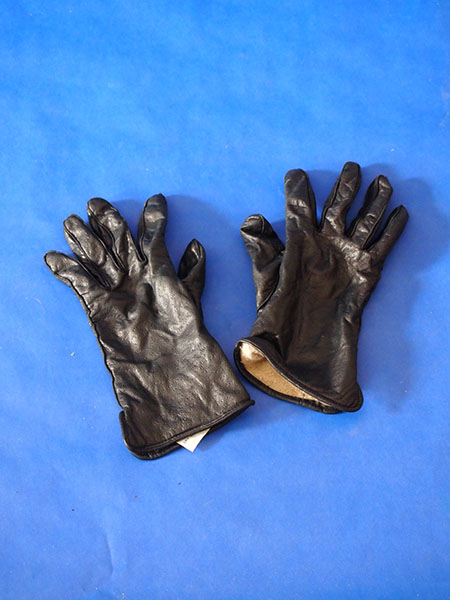![]() body | color | collections | commodity | cube | document | fabric | fetish | gender | glass | home | identity | living | machine | metal | minimal | mobility | narrative | olfactory | organic |
body | color | collections | commodity | cube | document | fabric | fetish | gender | glass | home | identity | living | machine | metal | minimal | mobility | narrative | olfactory | organic |
![]() pain | paper | plastic | plugs | power | protective | rectangular | ritual | round | sound | souvenir | spiritual | style | text-based | time | tool | touch | uniform | value | visual | warm | wood
pain | paper | plastic | plugs | power | protective | rectangular | ritual | round | sound | souvenir | spiritual | style | text-based | time | tool | touch | uniform | value | visual | warm | wood
| Outerwear: Black gloves | |||
Narrative: Black gloves Thinsulate is a synthetic material made from very thin fibers (microfibers) of polypropene. These microfibers are 10 times thinner than hair. The fibers are spun and woven into a thin layer. Thinsulate fibers are about 15 micrometres (µm) in diameter, which is thinner than the polyester fibers normally used in insulation for clothing such as gloves or winter jackets. Advertising material for Thinsulate suggests that Thinsulate is more effective due to the increased density of fibers with decreased size of fibers compared with more traditional insulation. Like most insulation materials, the gaps between fibers not only reduce heat flow, but also allow moisture to escape. Thinsulate is not waterproof but clothing can be made warm and waterproof by combining Thinsulate with other fabrics. Polyester is a synthetic fiber derived from coal, air, water, and petroleum. Developed in a 20th-century laboratory, polyester fibers are formed from a chemical reaction between an acid and alcohol. In this reaction, two or more molecules combine to make a large molecule whose structure repeats throughout its length. Polyester fibers can form very long molecules that are very stable and strong. Polyester is a chemical term which can be broken into poly, meaning many, and ester, a basic organic chemical compound. The principle ingredient used in the manufacture of polyester is ethylene, which is derived from petroleum. In this process, ethylene is the polymer, the chemical building block of polyester, and the chemical process that produces the finished polyester is called polymerization. These gloves were given to me as a gift from my mother. I've worn them during the winter since 2010 and they have traveled with me to New York's different boroughs and Canada.
|
 |
||
![]()
